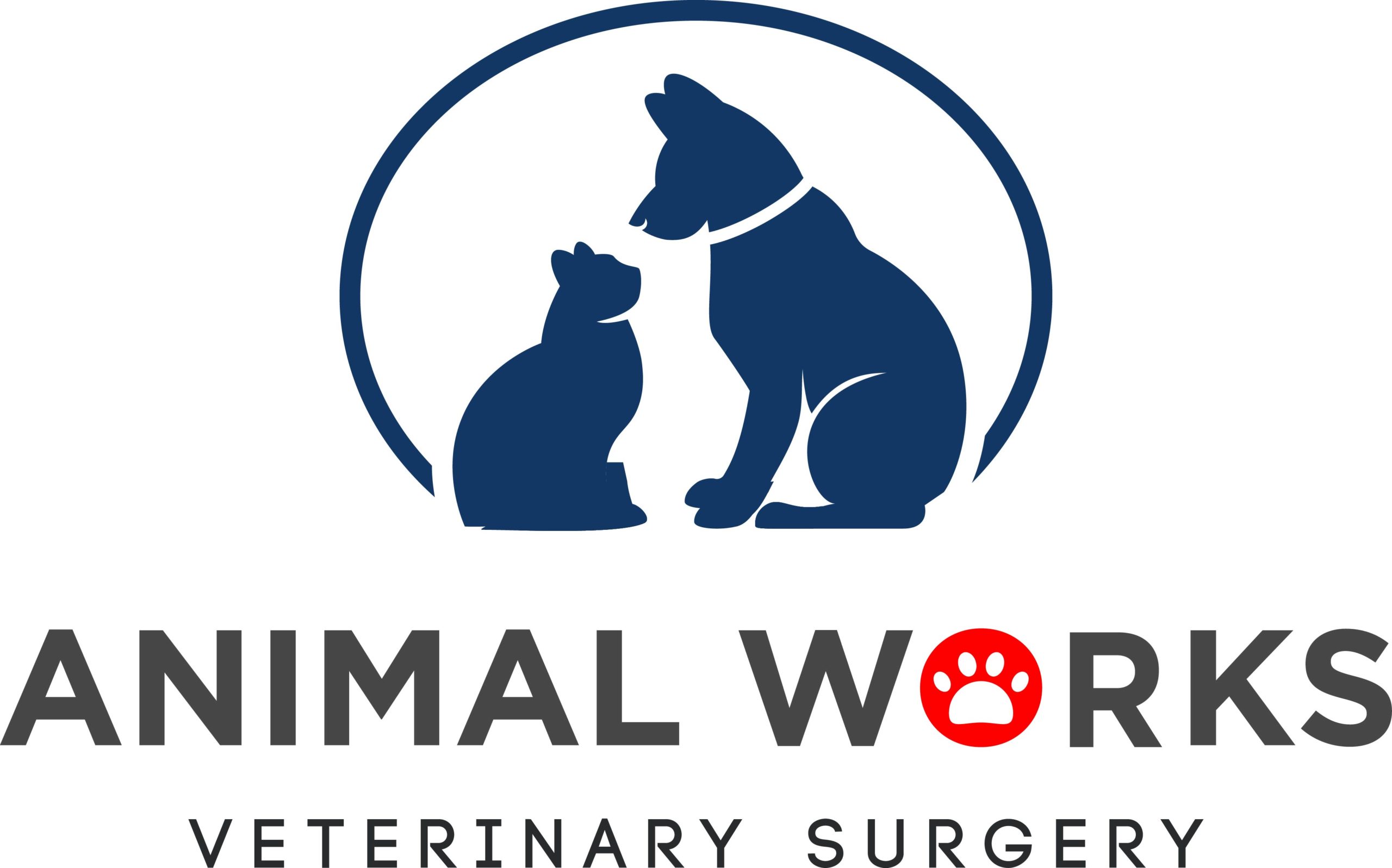
Signs your pet is dehydration:
- Dry, tacky gums
- Panting
- Thick saliva
- Sunken eyes
- Vomiting
- Loss of appetite
- Lethargy
- Loss of skin elasticity

In terms of our furry friends, puppies/kittens, senior pets, and nursing mothers, may have an increased risk of dehydration. Also, some pets may be picky about their water preferences and may need encouragement to drink water. Giving wet food, adding broth to dry kibble, or ice cubes can offer alternatives to entice your pet to stay hydrated.

Depending on the weather and temperature, along with your pet’s activity and exercise level, they may need more water on some days than others. Planning your dog’s walks early in the morning or late in the evening helps keep you both cooler. Choosing shady paths versus being in direct sunlight will also help your pup from overheating on walks. Other than potty breaks, in extreme heat it’s best to stay indoors because it may be too hot for them to go outside.


***If you are concerned your pet is severely dehydrated, has heat exhaustion/heatstroke, or suffering from acute paw pad burns, contact your nearest animal emergency hospital for medical advice and care***

